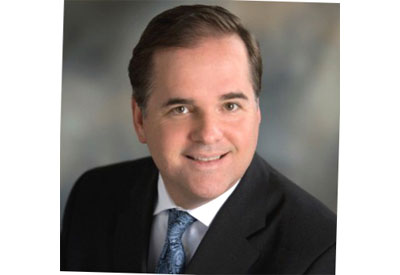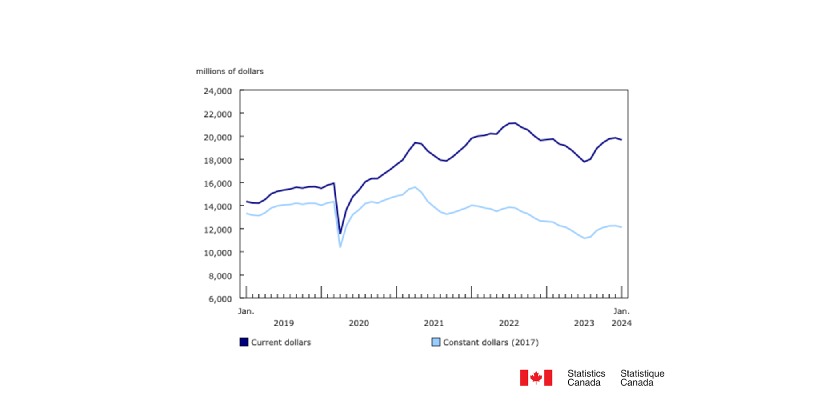Study Points to a New Way of Doing Business

Sept 17, 2018
By Rick McCarten
A new study released by the National Bank of Canada explores the success of family-run businesses. Over a 13-year term, the 43 family businesses examined in the study saw a return of 206%, versus corporations which saw a return of 133%.
This information shows that contrary to popular belief, businesses might continue to consolidate into the corporate world, but more agile, long-term thinking businesses may be the new order of the day.
This is not just an example of small versus large; in fact, some of the family businesses in the study are large, such as Onex and Canadian Tire. The difference might be more subtle than the size of a company.
One comparison to consider between both businesses is the notion of the chief executive officer. According to another study of the top 100 family-owned businesses in the U.S., the chief executive tenure is typically 13 years. A typical CEO in a corporate company is five years. The length of time runs down the entire tenure of management and up to the board of directors.
Board members of family-run companies are expected to understand the business and not act as shareholder activists. In a Globe and Mail interview, the Chair of Canadian Tire, Maureen Sabia, said, “You can’t know from the outside, however much you study the company, as much as the insider knows.
”Thirteen years gives management time to master their environment and their competition. According to Serge Godin, CEO of CGI in Montreal, “I don’t think it is a matter of competence. I think it is a matter of longevity.”
Leaders that are longer term, don’t have to sacrifice the future for quick success, but they can make sacrifices now to be successful in the future. History is full of companies that cut costs to look good this year, only to hurt them in the future.
I remember when I first started in this business, there was a company that had a 70% share and a 40% mark-up over their competition. They did this through the amazing service they provided to their customers. When they were sold to a corporate entity, the first thing the company reduced was its service cost. Within a year, the company lost market share and were going head-to-head with their main competitor over price.
Consider this example as well. A new CEO of a soap company, upon studying his company’s finances, saw an anomaly — the company was paying small grocery stores too much margin. He cut the margin and started saving the company lots of money. However, small grocery stores were placing his brand in the best location. They reacted to the lower margins by removing his brand from eye level to the bottle shelf, replacing it with a better margin item, and the soap company subsequently lost their marketing position, and sales and profits fell.
Another example centres on Tim Hortons going corporate. In one year, the Tim Hortons brand fell from 4th to 50th place. I bought a large coffee from Tim’s recently and picked it up before the lid was on. The cup squished in my hand, spilling coffee all over the counter. Would someone in a long-term position worry about making money from a cheaper cup, or would they worry about return customers?
If we are to believe this study, it proves that long term wins over quick fix. To do that, family-centric shareholders, or another alternative to short-term thinking, need to run the business.
Businesses will continue to be consolidated, but most likely to the hands of larger long-term thinking businesses. Those businesses will find and keep the right people for a longer period.
Rick McCarten is VP, Operations, Electro-Federation Canada.
Source: Globe and Mail, September 10, 2018











